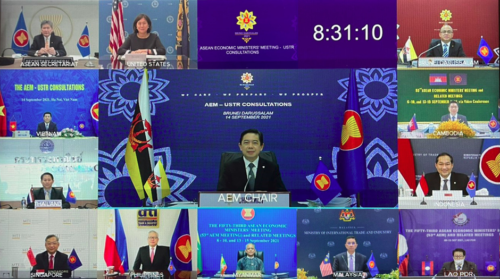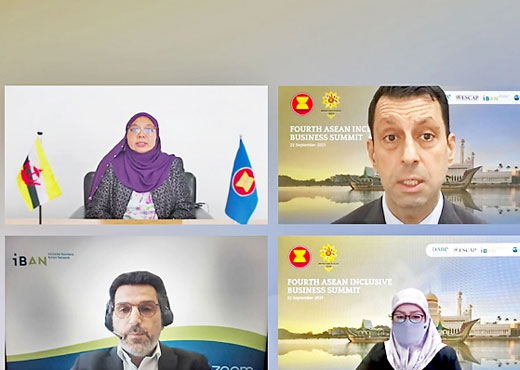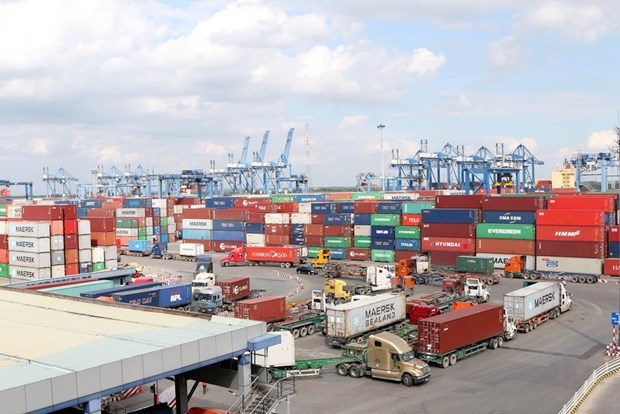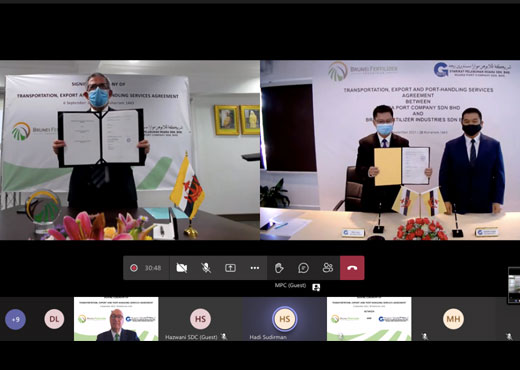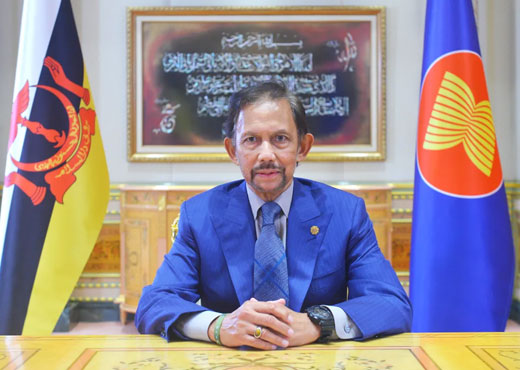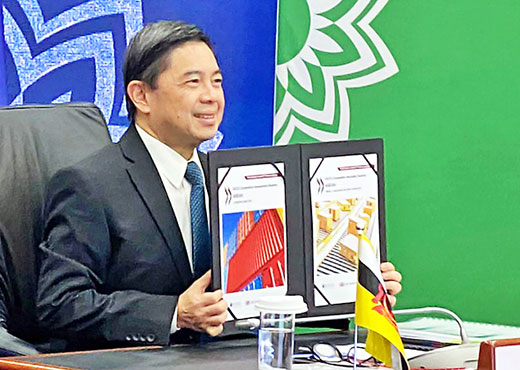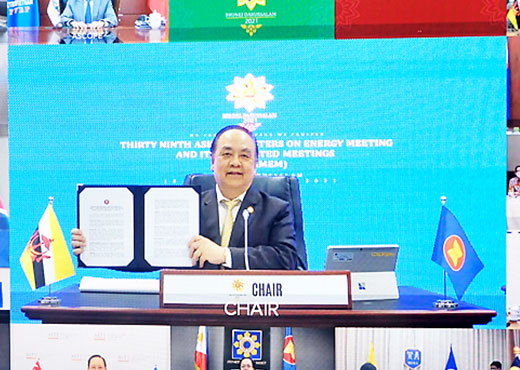Makati City – Despite the impact of the COVID-19 pandemic, the Philippines remains among the world’s most innovative economies. The Global Innovation Index (GII) 2021 ranks the country at 51st out of 132 countries, as it sustains its status as an “innovation achiever” for the third consecutive year.
Department of Trade and Industry (DTI) Secretary Ramon M. Lopez emphasized that through the country’s Inclusive Innovation Industrial Strategy (i3S), “We have focused our efforts in strengthening national and regional innovation and entrepreneurship ecosystems by forging government-industry-academe collaboration, enabling a strong business and policy environment, and upskilling our creative talent pool. Our experience validates the strong potential of innovation to catalyze job creation, upgrade industrial competitiveness, and attract high-value investments.”
The GII 2021 noted that the Philippines continues to perform better in innovation outputs than innovation inputs. Among its innovation output strengths are in high-tech exports (ranked first in the world), utility models by origin (eighth), creative goods exports (as % of total trade, 10th globally), and ICT services exports (as % of total trade, 13th globally). For innovation inputs, the country’s strengths are in high-tech imports (first), firms offering formal training (eighth), and trade, diversification, and market scale (21st).
“This means that we were able to produce more and higher-quality innovation outputs despite our limited innovation resources and pandemic-induced setbacks. This is reflected in the GII observation that the Philippines continues to be among the countries that perform above expectations given our current level of development,” remarked Secretary Lopez.
The GII 2021 further noted that the Philippines ranks fourth among the 34 lower middle-income group economies. It is 11th among the 17 economies in Southeast Asia, East Asia, and Oceania, with a performance that is above the regional average in two pillars, namely: business sophistication, and knowledge and technology outputs. More importantly, the country is among the TVIP economies (Turkey, Vietnam, India, and the Philippines), which are systematically catching up and have the potential to change the global innovation landscape for good.”
Pointing out the importance of the collaboration among government agencies and linking the country’s researchers/universities and industry with one another to build and cultivate the nation’s innovation and entrepreneurship ecosystem, Undersecretary Rafaelita M. Aldaba said, “By making our ecosystem inclusive, nurturing a friendly business environment, and with government and the private sector providing the needed funds for research and development, we will be able to attract more investments, generate more and better-quality jobs, and produce higher-value products that would lead to better prices in the market for the benefit of our consumers.”
Secretary Lopez stressed, “We have seen that with the right collaborators, our country’s entrepreneurial and innovative people can boost and optimize their discovery potential and serve as a primary engine of economic development, especially amidst the Fourth Industrial Revolution. As envisioned by President Rodrigo Roa Duterte, this is the best way by which we can spur new enterprises, create more and better jobs, and build our industrial competitiveness towards a more comfortable life for all Filipinos.”
The #GII2021 is available in this link and the Philippine country profile is available in this link. ♦
Date of Original Release: 21 September 2021
To see the original article, please click here.


